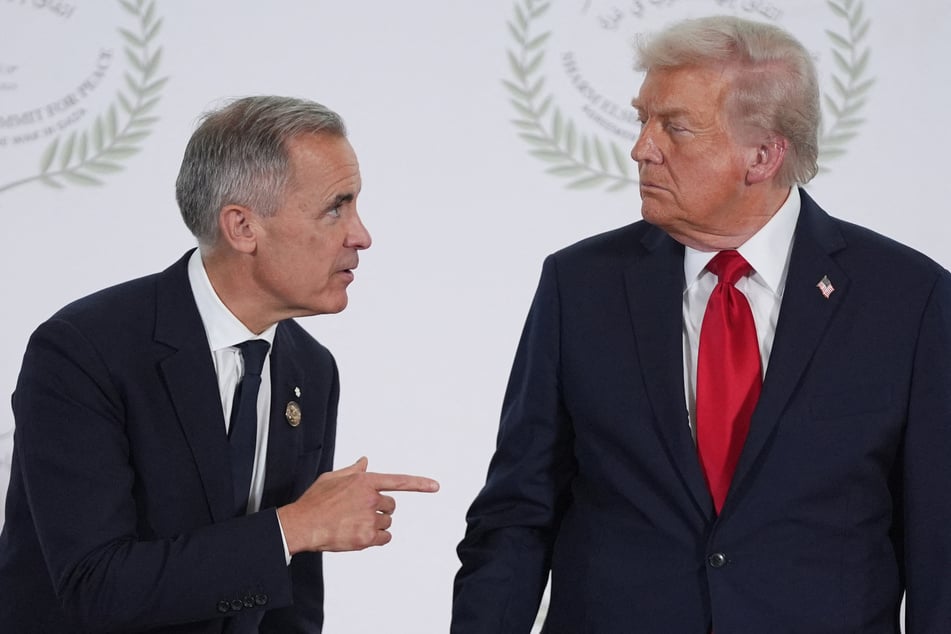Canada's Carney promises bold budget plan as US economic threat grows: "Swing for the fences"
Canada's new Liberal government unveils its first budget on Tuesday, with Prime Minister Mark Carney saying "bold risks" are needed to reform an economy facing unprecedented economic threats from the US.

US President Donald Trump's trade policies have hit Canada hard, driving up unemployment and squeezing businesses in crucial tariff-hit sectors like autos, aluminum, and steel.
Carney, a former central banker who only entered politics in January, has warned Canadians that the Trump-era disruptions in US-Canada relations are not a passing phase.
"Our relationship with the United States will never be the same as it was," he told students at the University of Ottawa in a pre-budget speech last month.
Carney said his government would propose a budget that addresses the stark new geopolitical realities facing Canada.
Among the headline items will be major increases in defense spending to bring Canada in line with NATO targets.
Funds will also be allocated to a series of national projects that Carney has said are key to Canada's economic sovereignty, given the "rupture" in economic ties with the US.
These range from port expansion to energy production and the infrastructure needed to boost the extraction of critical minerals from remote areas.
"We used to take big, bold risks in this country. It is time to swing for the fences again," he said in the Ottawa speech. "This is what this upcoming budget will be about: building, taking control, and winning."
Carney and Finance Minister Francois-Philippe Champagne have flagged that spending increases will be partly offset by cuts to government operating budgets.
But those savings will not cover all the new costs.
University of Ottawa public policy expert Genevieve Tellier told AFP she expects the deficit to be "very large."
"I wouldn't be surprised if it were around CAN$100 billion ($71 billion)," she said.
Cover photo: Evan Vucci / POOL / AFP
